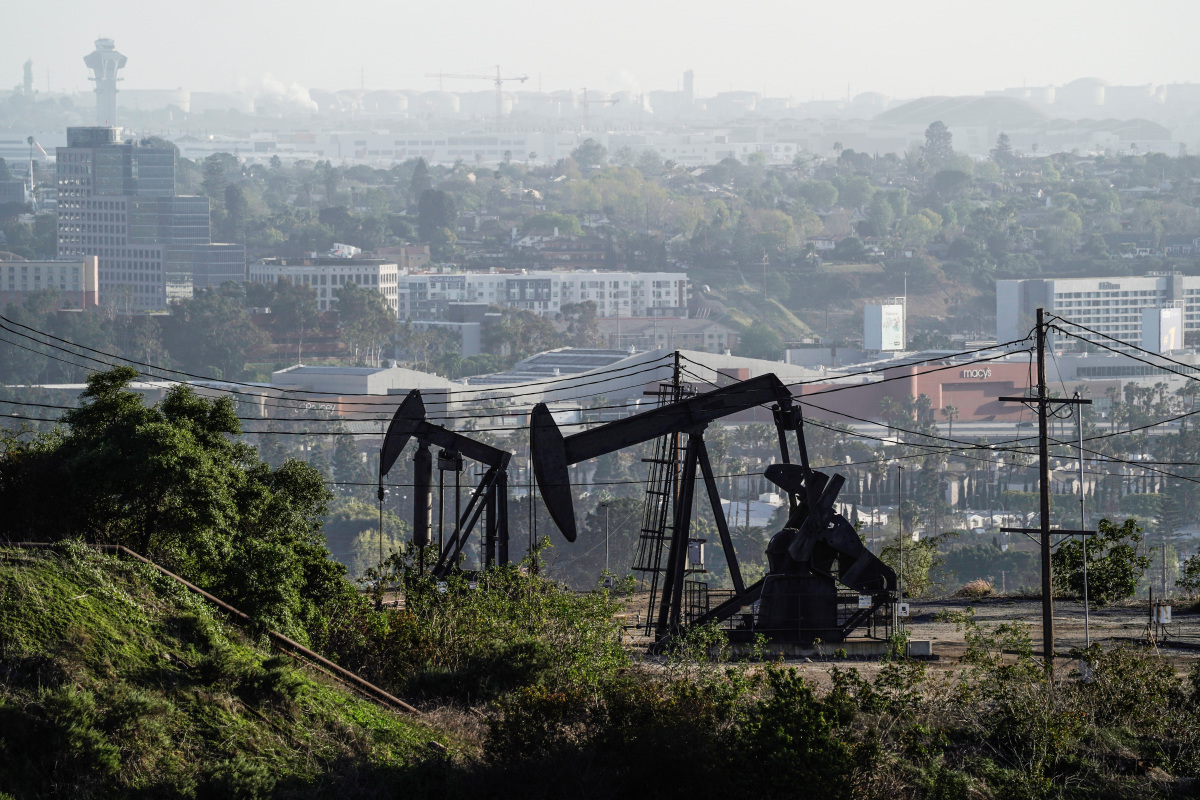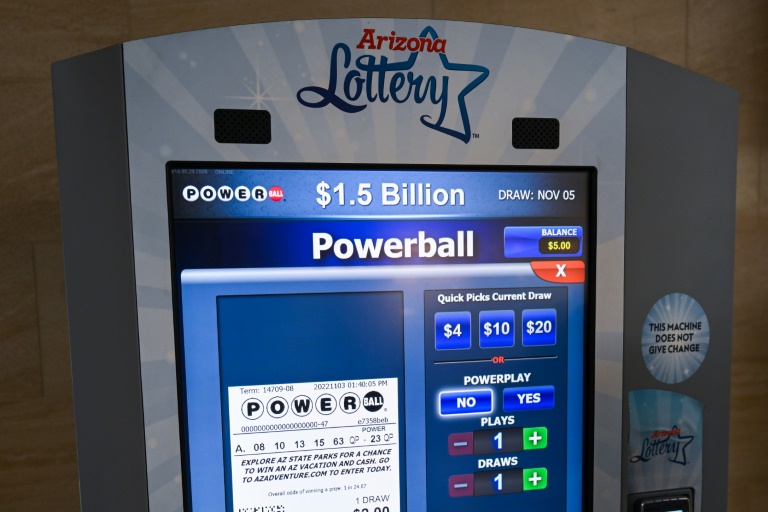President Biden wants to bring gas oil prices down by threatening to tax oil companies, which have been benefiting from the spike in oil and gas prices in the first place.
And he isn’t alone in this idea. Greece has already levied a tax on energy firms and distributed the proceeds to energy users as a subsidy. Other European countries are considering following suit.
In theory, that’s good idea and excellent politics. It could help ease the pain on millions of Americans who have seen family budgets squeezed by inflation—primarily due to higher energy and food prices. And it could promote social justice by taking from those who have and giving it to those who have not.
However, in practice, a tax on energy companies is terrible economics. The energy sector is an oligopoly dominated by a few large companies, which have the power to pass the tax on to consumers.
“This tax is not the answer to keep gas prices from spiking in the future,” said Jay Young, Founder & President of King Operating Corporation, 4th generation oil and gas investor, and author of “The Upside of Oil and Gas Investing,” in an email to International Business times.
“Windfall taxes have not worked in the past,” he explained. “The tax will do nothing to lower the price of gasoline, especially since it doesn’t address the major cause of high gas prices.”
Young thinks windfall profit taxes are simple income transfer mechanisms, punishing oil companies for drawing political attention.
Moreover, he thinks that a poorly designed windfall profits tax could drive up gas costs.
Irina Tsukerman, Pa Programs Vice Chair of the American Bar Association’s Oil and Gas Committee, agrees.
“Biden’s tax on oil companies comes not from a sound and thoughtful policy in response to the rising gas prices and inflation, but out of pre-election desperation to shift blame,” she told IBT.
Moreover, she thinks this is an old political idea of the Biden administration. It’s an effort to convey the message to voters that Democrats are seeking to curtail “unfair” enrichment at the expense of the consumers.
“This is a Robin Hood gesture which has little to do with problem-solving, problem solving, in this case, meaning to lower gas prices,” she said.
That sounds good politics on the eve of the Mid-term elections. But Tsukerman thinks that is bad economics, as it will have the opposite effects.
“If anything, the gas prices will rise as the oil companies seek to recoup their financial losses and pass them on to consumers,” she explained.
Moreover, she thinks there’s are more effective ways to address the problem of higher energy prices, like eliminating or lowering taxes on the gas itself, and better yet, returning to common sense energy policies, such as reopening the U.S gas pipeline project.
“Increased energy supply will not solve the problem overnight, but it will send a message to the markets and have the impact of positive expectation of long-term lowered prices, thus leading to a positive short-term effect before the elections,” she said.







